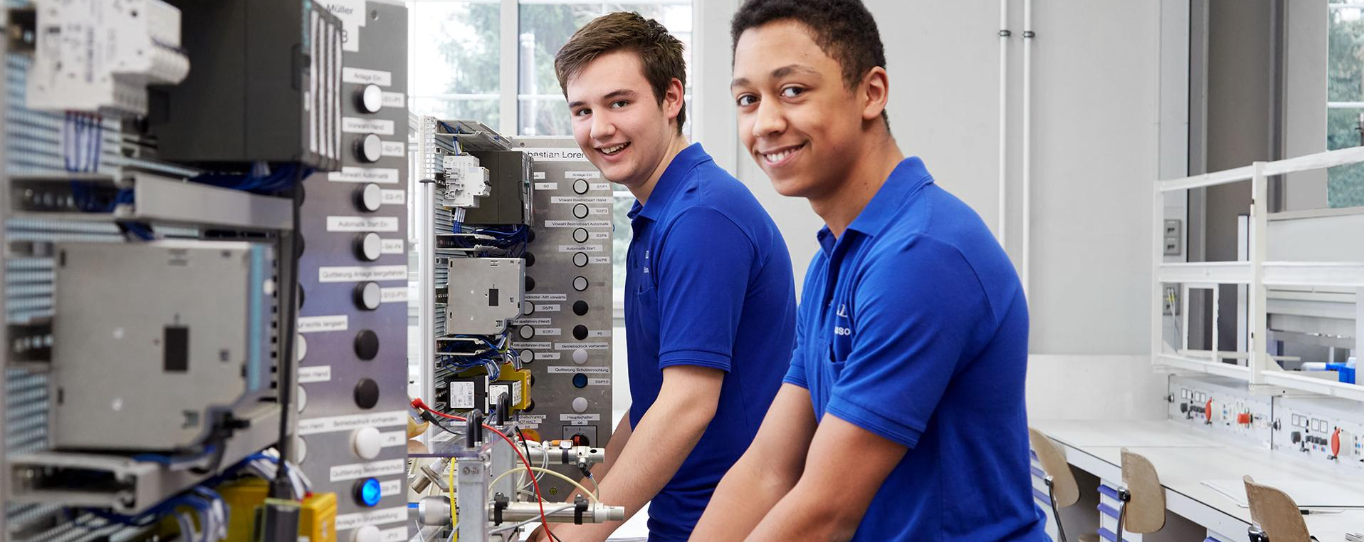Any effective engineering training course should provide students with the requisite tools and techniques. Engineering is a challenging and rewarding field that requires a combination of theoretical knowledge and practical skills. Students will learn not only the basics of engineering but also how to apply their knowledge in a real-world context.
A strong engineering training program should provide students with ample opportunities to put their new skills into practice. The general aim should be to allow them to learn from their mistakes. But there are some specific things to look forward to as well.
Preference-Based Options
First, it’s important to note that engineering training courses come in many different forms. Some courses are designed for students who are just starting out in the field.
Quite a few other diplomas of engineering in technical knowledge might be geared toward experienced engineers looking for skill expansion. Regardless of the level of the course, however, there are certain key components that you can expect.

Do They Challenge?
One of the most important aspects of any engineering training course is hands-on learning. Students should be given the opportunity to apply the concepts they’ve learned in class to real-world problems. That’s largely possible through projects, case studies, and laboratory work.
These courses are not meant to be easy; they should be as engaging and cerebrally challenging as possible. This will help them develop the problem-solving and critical thinking skills that are essential for success as an engineer.
The Scope Of The Contents
Another important component of an effective engineering training course is a focus on industry-relevant topics. The course should cover the latest advances and technologies in the field.
Additionally, the current trends and challenges that engineers are facing in the workplace are worth considering. This will ensure that students are well-prepared for the demands of the modern engineering profession.
Supplementary Knowlege
In addition to key expertise, effective training should also include a significant focus on essential soft skills. These include effective communication, teamwork, project management, and leadership training. Engineers need to be able to work well with others, communicate effectively with clients, and lead teams to success.
In Conclusion
Effective engineering training courses should provide students with a mixture of specialized and holistic education. With the right training, students will be well-prepared to succeed in the challenging and rewarding field of engineering.

